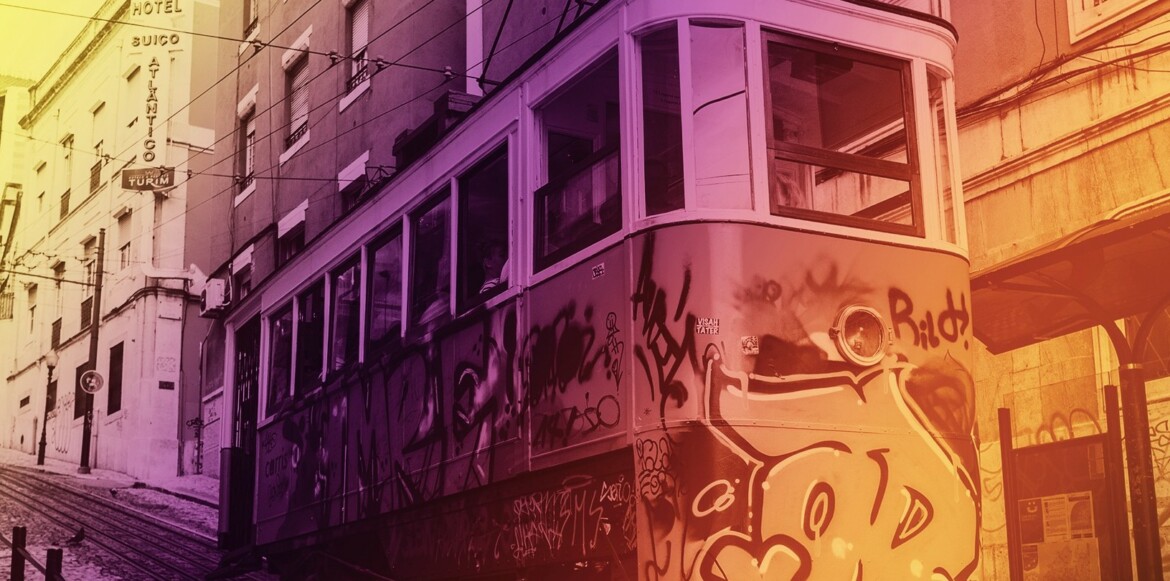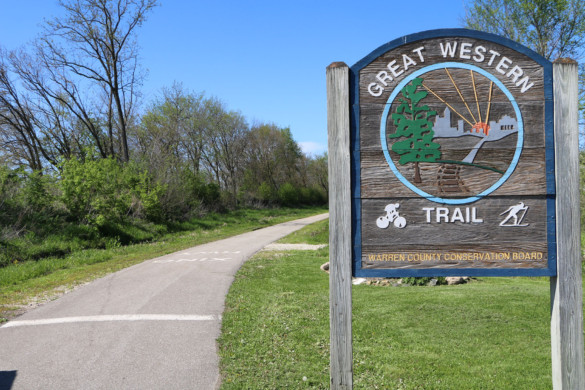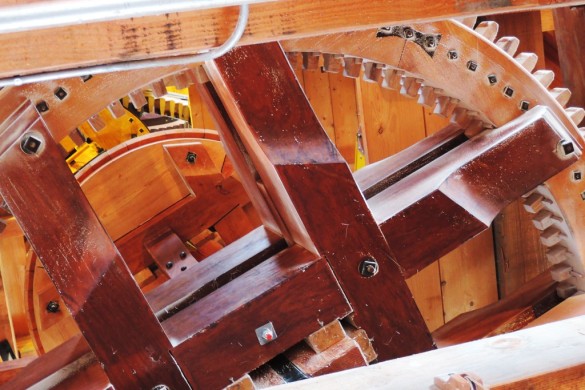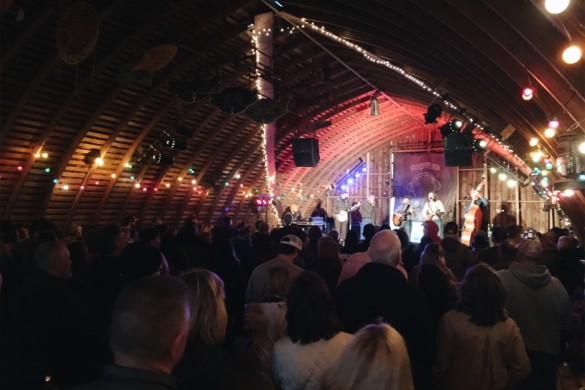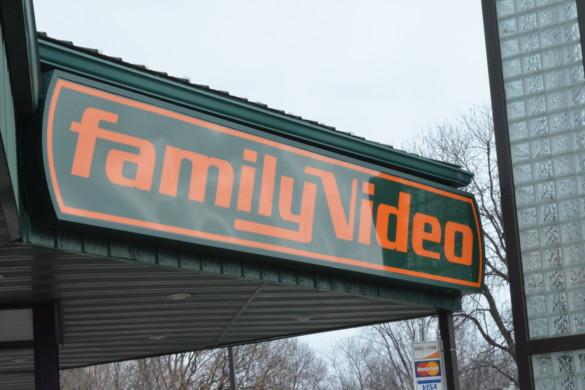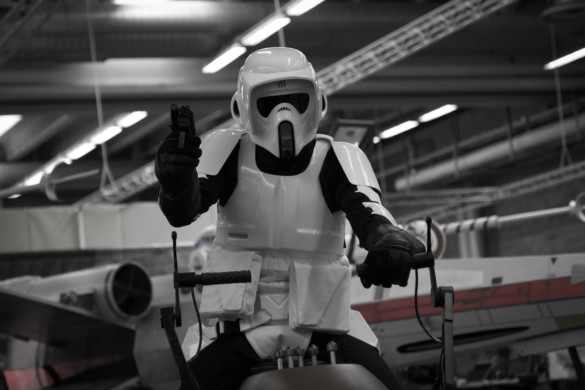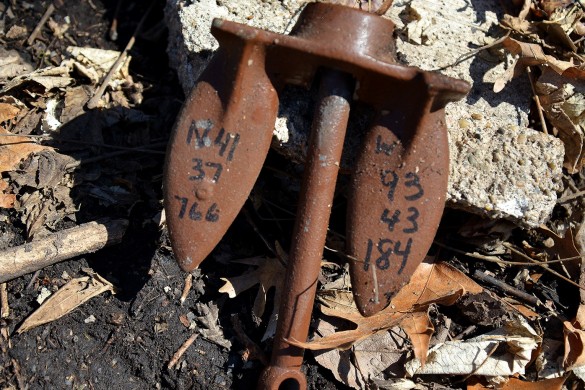Electric wires will soon stretch above Kansas City’s Main Street for 2.2 miles. Below those wires, steel tracks, tucked into the street, connect the River Market in downtown Kansas City with the Crown Center district, home of the historic Union Station. Bringing streetcars back is a $102 million investment, and a study commissioned by the Economic Development Corporation of Kansas City predicted the installment would bring in six times as much in private development. But the return on investment doesn’t only come in the form of dollars. When the first riders hop on in 2016, the streetcar promises to do more than just move people from point A to point B. Kansas City is banking on the streetcar and its riders to revitalize its downtown communities.
For a form of public transportation that Kansas City and the rest of the Midwest said farewell to by 1960, that’s a tall order. But the federal government has favored streetcars. In 2009, the Obama administration set aside $280 million for urban circulator projects as part of its Livability Initiative. The main goal: to produce livable communities — places with healthy food sources, mixed-income communities, a clean urban environment, and a comfortable streetscape.
Diverse transit options are key to that initiative, too. For the last 50 years, the American dream included a family car, maybe two, and a garage to park in. That thinking led to a long-standing love affair with the personal automobile — and, by default, the clogged freeways and suburban sprawl to go with it. Buses connecting the suburbs with downtown areas reduced some traffic. But buses are losing their appeal. Last year, the Chicago Transit Authority reported an 8 percent decline in bus ridership. In Milwaukee, Bus ridership declined by 1.13 percent in 2014.
But the decline of one familiar mode is making room for another.
According to the American Public Transportation Association, in 2014, 16 out of 28 public transit systems reported increases in light rail ridership (i.e., streetcars and trolleys). Minneapolis saw a 57.4 percent increase in light rail passengers with the opening of its METRO Green Line. But while cities love to call attention to these numbers, they want streetcars to do more. “Streetcars are exciting. They really contribute to a sense of place, which cities are often looking for,” says Jane Rongerude, assistant professor at Iowa State University’s department of community and regional planning. “They want to distinguish themselves from other cities.”
A New Kind of Connection
Milwaukee, Minneapolis, and Cincinnati are just a few places where streetcar systems are under construction or in the works. Bringing streetcars back to these areas means a better connection between downtown amenities, providing that sense of place. In Kansas City, streetcars mean the central business district won’t seem so detached from the Crossroads Art District and the Power & Light District. Riders can now easily access grocery stores, banks, restaurants, and theaters in one short trip.
“Connecting residents who are already downtown with those amenities is really the way to make this a very livable neighborhood and to grow that residential base,” says Tom Gerend, executive director at Kansas City Streetcar Authority.

Kansas City’s Singleton Yard, located in Columbus Park, serves as its streetcar maintenance facility.
Although the streetcar has its perks, cities looking to increase their transit options may not make them their first choice. Expanding existing bus systems and installing monorail systems are also viable options. When it comes to cost, though, streetcars beat monorails hands down. Streetcars cost a pretty penny — almost $124 million in Milwaukee. But monorail systems often cost more and involve more complicated construction. “For downtown [Kansas City], the streetcar was the right mode,” Gerend says. “It had the space. It allowed for the right locations and the right connectivity. This wasn’t about moving folks 30 miles to get to a job; it was about connecting those assets together.”
Rather than beating out buses altogether, streetcars supplement them. The two systems work in tandem — streetcars for shorter trips within the downtown area, buses for longer journeys outside city limits. “Most of our urban transit corridors are well served by bus service, and we’d like to see improvements in bus service,” says Anna Flintoft, project manager for Minneapolis’ Nicollet-Central Modern Streetcar. “But there are a few key corridors we think need that higher level of investment, and Nicollet-Central Corridor is one of those corridors. It runs through the heart of downtown.”
Growth Spurt
One of the biggest selling points of modern streetcars is their ability to spur urban revitalization. Streetcar lines connect a city’s pockets of activity, making it desirable for businesses and individuals to pop up along the route. Take, for example, Portland’s streetcar system, the first modern streetcar system in North America, which loaded its first passengers in 2001. Proximity to the streetcar line transformed the city’s Pearl District from a contaminated rail yard to a thriving community. Portland’s 2008 development report noted that areas and properties located closest to the streetcar line experienced the most development. For Portland, putting in a streetcar system resulted in $3.5 billion in investments and 10,212 new housing units within two blocks of the line. All since it identified a streetcar alignment in 1997.

The streetcars for both Kansas City and Cincinnati were ordered from CAF USA, Inc. The blueprint shows the layout of one of the streetcars.
Streetcars and other forms of rail transportation may even boost property values. Researchers at California State University – Fullerton determined that light rail transit boosted residential property values 2 to 18 percent in Portland, Sacramento, San Diego, and Santa Clara. Cities undertaking streetcar projects hope to recreate this effect, and many of them are already seeing new growth. “In that upper area of the streetcar route, we’re seeing new businesses go in,” says Chris Eilerman, project manager for the Cincinnati Streetcar. “We’re seeing new residents come in, and I think that’s only going to increase.”
But while city officials involved in these projects love to say that streetcars lead to economic development, streetcars — at least in the 21st century — are young. And other city planners have been hesitant to attribute a city’s growth spurts to streetcars or light rails alone.
In a February 2015 case study of nine streetcar systems nationwide, including Portland’s and Cincinnati’s, the Metropolitan Council called attempts to measure streetcars’ economic impact elusive and debatable. “There is no universally accepted methodology for estimating the economic benefits of streetcars in isolation from other public and private initiatives aimed at creating vibrant and sustainable urban areas,” the study noted. Dave Swenson, an adjunct assistant professor at ISU’s Department of Community and Regional Planning, shares that skepticism. “It’s wrong to put too much faith in a mode of transportation and a technology that we walked away from 50 years ago,” he says. “There have to be many different things happening over time before areas reacquire their downtown vitality.”

Singleton Yard’s design maintains the bike path and commuter rail right of way, while allowing for future facility expansions.
But in Kansas City, Gerend is already seeing the results he was hoping for — and not just in terms of dollars and cents. “We are seeing some really significant returns,” he says. “Not just economically speaking, but from a vibrancy and a quality-of-life perspective. These are going to make downtown an even more attractive place for future residents and future businesses.”

